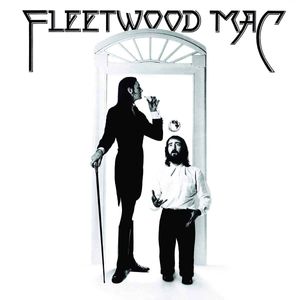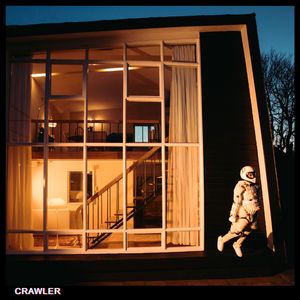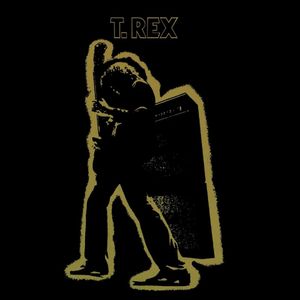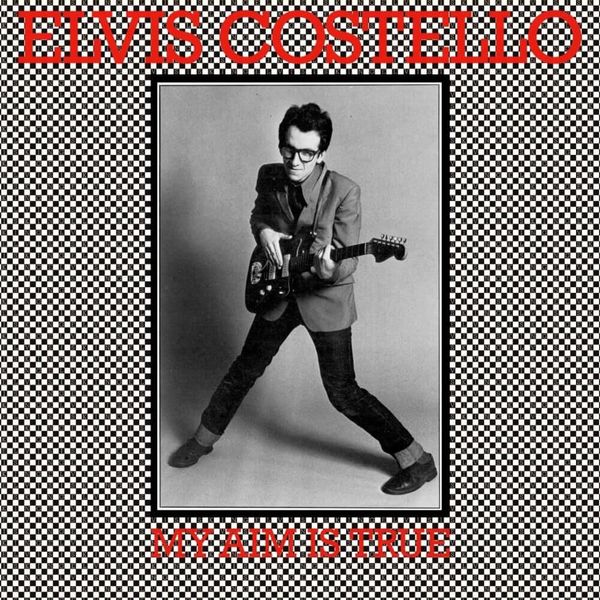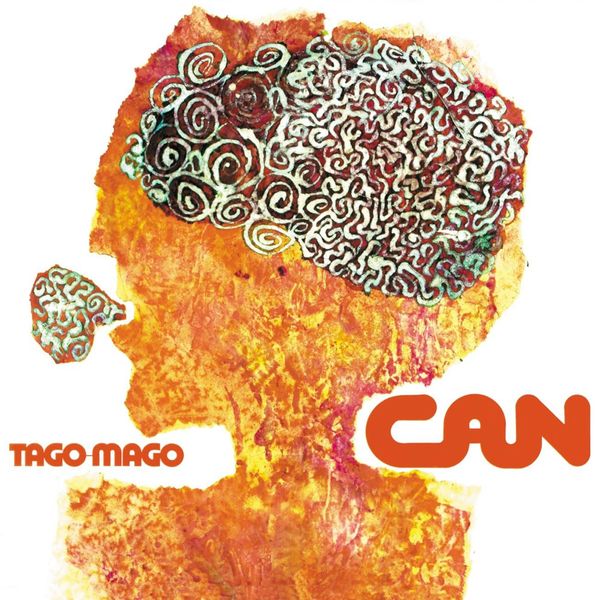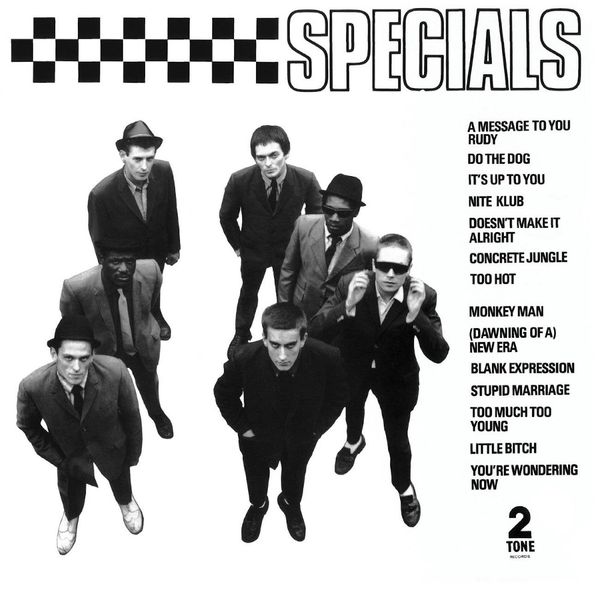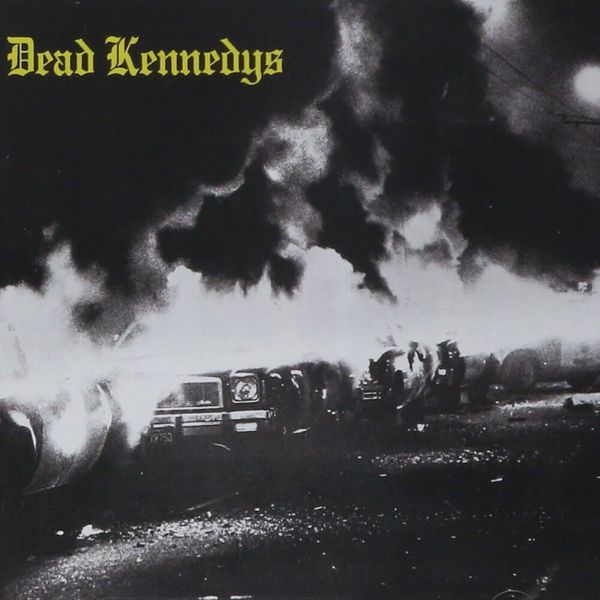Rocket to Russia
Ramones
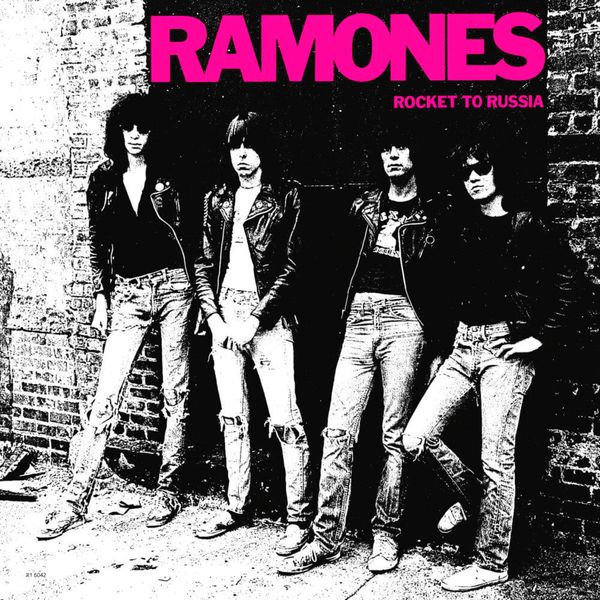
Favourite Tracks
- Sheena Is a Punk Rocker
- Rockaway Beach
- Surfin' Bird
André
For years I had been looking forward to the day I actually sat down and listen to the Ramones. Their reputation is distinguished to music-lovers of all ages, and their status has been firmly cemented into music history: renowned for not only pioneering the punk movement, but also infusing an everlasting influence on a wide variety of genres, including all sorts of sub-sections in rock and metal.
Perhaps the extreme acclaim affected my expectations, but after spending time with their third studio album Rocket to Russia, I find myself only slightly entertained, and considerably underwhelmed. Granted, the record is celebrating its 40th anniversary, so this was recorded a long, long time ago, but I think there lies a deeper issue: the music is drastically limited. Though there’s no doubting the spirit Rocket to Russia possesses, there’s only so many times you can listen to the same formula over and over again, particularly when there wasn’t much substance to that blueprint in the first place.
Attitude is a vital part of punk, but it’s not the sole importance. Bands like Black Flag and The Dead Kennedy’s still sound fantastic today because they combined their edge with good, interesting songwriting, toying with structures, textures, and rhythms. This is exactly what Rocket to Russia lacks. The Ramones sound like they’re doing the bare minimum. Listening to repetitive power chord progressions playing over the same tired drumbeat is not all that fun for a 2017 listener.
To use its age as a defence would be an excuse. Just look at Bowie’s Low, or even My Aim is True by Elvis Costello. Rocket to Russia is simply not in the same bracket, and whilst it was undoubtedly important back in the day, better punk albums have since been released. The Ramones will go down in history, and rightly so, but let’s not pretend their formula hasn’t been radically improved on since their success.
Favourite tracks //
- Sheena Is a Punk Rocker
- Surfin’ Bird
- I Don’t Care
Marcus
I’ve always been conscious of a Ramones-shaped hole in my musical education and, like André, I was excited by the prospect of finally filling it. To my dismay, I can’t help but feel that Rocket to Russia is an auditory experience akin to a Fast and Furious movie. A disengaged brain finds plenty to enjoy, and I find myself instinctively tapping my foot and bobbing my head in time to its beats. Sadly, beyond that surface of simple pleasure, I’ve been struggling to identify any form of depth.
Taken in short doses, I can see the appeal. “Rockaway Beach”, a song I’ve of course heard plenty of times before, is an example of a short and sweet headbanger that sticks in your head for hours on end. But while a slew of power chords laid on top of a tiresome chimp-in-a-toolshed approach to percussion might have been novel in 1977, I find the composition of the album to be desperately uninspiring. There’s a mindlessness to the instrumentation, lyricism, and vocals that is utterly devoid of surprises or even basic variety. The 32-minute runtime blasts by as a blur of repetitive noise that struggles to differentiate itself significantly between tracks, forming in sum a goofy aesthetic that I can’t believe has any serious intent.
The impression I get is that being a member of the Ramones must have been extremely dull. There are glimmers of honest cheekiness and fun-loving abandon, but there’s such a dominant homogenisation of sound that it’s impossible to imagine excitement in the creative process. For the fact that it has a solid sense of identity and direction I can’t wholly condemn it, but I won’t be looking to expand my experience of the Ramones beyond this disappointingly underwhelming encounter.
Favourite tracks //
- Rockaway Beach
- Cretin Hop
- Surfin’ Bird
Andrew
Ramones have amassed a sizeable reputation as one of the greats, and with their logo now so widely recognised too it’s unsurprising that they’ve held on to such a legacy. It’s disappointing then to find myself falling out of love with Rocket to Russia as quickly as I fell for it. Tracks are concise from the outset, snappy enough to get your head bopping. The pacing is good, with the tracks that have proven their staying power over the decades sprinkled throughout, rather than in a single clump. Nothing sticks around for too long, as each song stays shy of the three-minute mark, with the whole album wrapping up in around half an hour.
It should all work at a first glance, but give it a few listens and one may see it fall apart. By the mid-point of the album, about a quarter of an hour in, I find it hard to tell which track I’m listening to. I mistook “Rockaway Beach” for “Sheena Is a Punk Rocker” several times, and just listening to the first few moments of each track really shines a light on how little variation there is here across the album. Normally I’d chalk this up to my not liking the genre, but upon listening to contemporaries of the times such as The Stranglers and The Stooges, I’m met with a totally different, improved experience to Rocket to Russia. Fiercer, grittier, and more compelling musically, these alternatives have settled my opinion on this album being a hair’s breadth off the middle of the road.
By the end of the record, I’m far less invested than when I started, and while the cover of “Surfin’ Bird” is a welcome, albeit slight, change to the norm, it isn’t enough to pique my interest any further. This is no doubt a fun album that produced several solid singles, but it lacks the real grit, variaty, or evocation that would make this a long-lasting outing for me.
Favourite tracks //
- Sheena Is a Punk Rocker
- Rockaway Beach
- Locket Love
